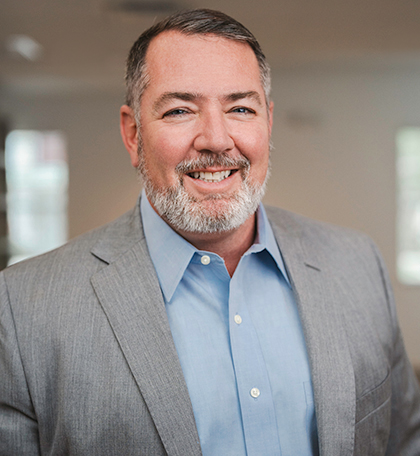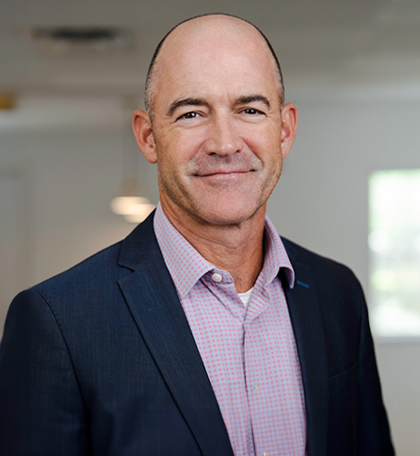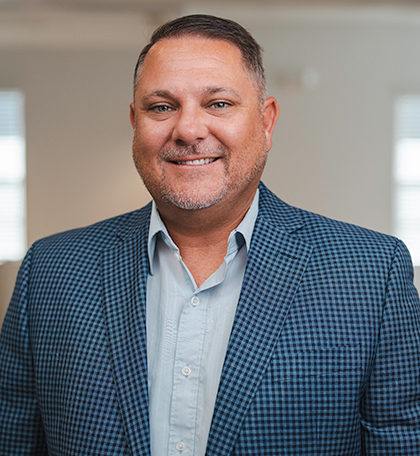TRANSCRIPT:
Welcome back to Financial Foundations, brought to you by Base Wealth Management, where we are the foundation to your financial plan. I’m your host, Dustin Taylor. I’m your co-host, Alex Wolfe, certified financial planner. And today we’re going to talk about how retirees can fail in retirement and how to avoid those mistakes. Alex, for the first question, I want to talk about financial stability. How can retirees avoid running out of money or overspending in retirement? I would say that this is one of the biggest things that clients are concerned about when they come to us is how do they make their money last or how do they prevent from running out? And there’s a couple of ways to approach this.
One is to really have a good grasp on what you’re spending month to month or annually, and it can be getting into the fine details, like creating like a budget or tracking your spending habits and where you’re allocating resources. And then you kind of can talk about how to appropriately manage your money to either provide extra income to supplement your income sources, if you’re collecting social security, a pension, things like that, or if you’re just taking withdrawals from a retirement account, and you may not have other sources of income streams other than like social security, but if you’re retiring young, or if you’re deploying a specific type of strategy with social security, you may not be getting that until several years into retirement. So how to make your money last is you need to provide income now, but you also need growth for the future. As you get older, people are living longer and longer, and if you have bad spending habits, you could really hurt your portfolio if you overspend in those early years. You don’t have as many years to catch up as you did when you were investing in your 20s or 30s.
You have many, many years ahead of you, but if you’re in your 70s or 80s, and you are overspending, you could end up… running out of money potentially. Speaking of spending, I know that way more is spent on healthcare in retirement, generally speaking. What are some ways that people can prepare or retirees can prepare for those unexpected healthcare expenses? Yeah, and again, this is probably one of the second biggest concerns that clients have when they talk about early retirement or even not an early retirement, but just retiring in general is how to cover medical expenses. And if you’re retiring young, you’re gonna have maybe several years before you get on Medicare. And those years in between could be very costly, whether it’s using COBRA and extending your current healthcare coverage from your employer or getting private health insurance or going to the marketplace, you could potentially be spending thousands a month.
You know, if you’re a couple, you can estimate to spend anywhere from 800 to $1,100 a month per person if you’re getting… COBRA or private health care insurance, which could be substantially more than you would pay while working. And then also on top of that, as you get older, you’re going to the doctors more and you will want to work with a professional on what type of Medicare plan is appropriate for you to cover the necessary expenses or the potential expenses you might incur during retirement while on Medicare. And if you’re a snowbird, that could play into account. If you’re always seeking in-network or potentially out-of-network type of doctors, you may consider different types of Medicare Advantage plans on top of that. But yeah, that is a big expense for retirees is medical insurance. And that could eat into your portfolio if you’re constantly having to withdraw money to cover those expenses. And as you get older, you might have expenses for nursing. nursing care, or if you move into a retirement community, there’s a lot of expenses to consider as we age.
Okay, for mistake or consideration number three, let’s talk about the philosophy of it all. I mean, a lot of people think that being prepared for retirement is just about the financial side, but what about being mentally prepared for, you know, having every day be the same if you don’t have, like, some sort of plan or hobby that you’re doing or some sort of social circle? It can become quite depressing, I would say. So how do people prepare for that lifestyle change? Yeah, you really nailed a big topic is that transition from having fulfillment or having at least an activity to do every day while working, and in that transition to when every day is Saturday, how do you fill your time up and either find enjoyment or hobbies or things to do to get you, you know, active, stimulate your brain and things like that. And that’s a big thing that people struggle with is, okay, well, the people that I’m friends with, they might still be working. so they may not be able to hang out during the week once I’m retired because they’re not retired yet. And then finding those types of hobbies is something that you should really consider before retiring is maybe taking time or using your PTR vacation days to find things that you like to do, whether it be, you know, some of that could be expensive hobbies like traveling, golf, pickleball’s probably not that expensive, but those are some activities.
And then there’s also things that you can do, like maybe there’s organizations that you can volunteer at that you find fulfilling. It could be, you know, the Humane Society. There’s a lot of organizations for single women or families, things like that. So definitely consider those things before jumping into retirement and then backpedaling because one, you could end up just sitting and becoming very sedimentary and that could lead to, you know, online shopping sprees, mental deterioration, whatever it might be. are lifestyle considerations to account for in retirement that maybe you didn’t really consider while you were working? Like, how are you going to fill your time up? Right, and I believe you can also talk to your financial professional and see if maybe it makes sense to go to part-time for some time, like to kind of test retirement out a little bit. Yeah, that’s a great point. Retirement can be done many different ways. It might be a part-time work as you transition into retirement, or maybe you just find that work, you know, fulfilling, or you like your job, it makes good money, it’s supplementing your income, or maybe it’s transitioning into a totally different career field but doing it on a part-time basis.
Okay, so how does having a financial plan in place play into that lifestyle change and when you’re thinking about making that transition? The things that the financial plan can help account for is, are some of those lifestyle changes big enough? Like, is there an expense? that you would incur with some of those lifestyle changes, whether it be traveling, seeing your kids, are you joining like a boat club, it’s popular here in Florida, traveling to countries out of the United States, that would be something to account for. So can the plan support some of those increased spending habits of fulfilling your daily life, making sure that if you’re someone who likes to eat out a lot or attend shows and you need a lot of money set aside for entertainment, the plan accounts for those individual types of spending needs.
There’s also ways, you know, when we were working with clients that maybe are more on a budget, that we can help them find ways to access free activities, or just find things to do around the area that don’t cost a lot of money. You know, there’s tons of, you know, free beaches, there’s parks, those types of things that they should consider also doing in retirement. And what are some mistakes that retirees make when it comes to estate and legacy planning? Well, one of the biggest one is not having an estate plan or healthcare plan. So what I mean by that is, one, you don’t have like a will or a trust or those types of ways that you’re gonna transition your assets to who you wanna leave it to, family, friends, nieces, nephews, whomever, charitable organizations. You wanna make sure that you’ve got the proper legal documents in place to make that transition of your assets to those individuals as easy and as seamless as possible.
And not just your physical assets, but some of that is also gonna factor in or account for healthcare. Do you have the right type of power of attorney, healthcare proxies that people can make possibly critical decisions if you get into an accident, you have a medical issue, and maybe. to be able to make decisions on your behalf as a close friend, a relative, family member. So you wanna make sure that you’ve gotten those items taken care of as you get older to place less of a burden on your family members or friends when the time comes to make a serious decision. All right, I guess that wraps up the topic of how retirees can fail in retirement and how to avoid those mistakes. If you would like more resources or more information, you can visit basewealthmanagement.com. There are loads of articles and videos there with free financial advice. Also make sure you’re subscribed to our podcast on your favorite podcast listening app. And you can also submit any questions or topics you’d like to see us cover on our show. You can submit those to us at question@basewealthmanagement.com. I’m Alex Wolfe.





